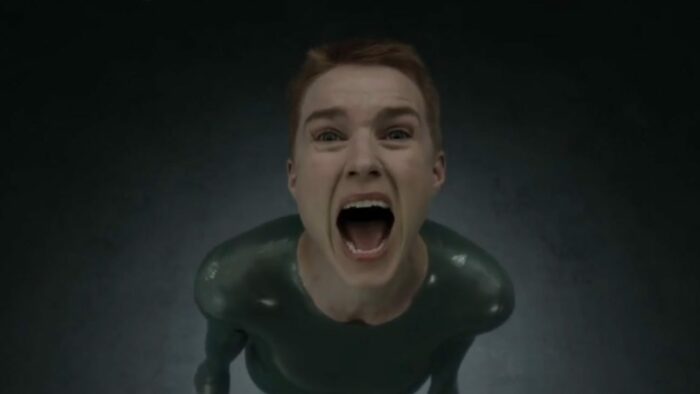It’s been several months now since we started getting news of the fallout of the merger between Warner Bros. and Discovery, and its effects on HBO Max, which had (stunningly) begun to establish itself as something of the preeminent streaming service, to rival the traditional prestige of HBO the cable channel. Immediately all of that seemed to be in peril. There were nebulous rumors about what the new streaming service would be like, a Powerpoint slide that made the rounds that seemed to suggest that only men like scripted series, and cuts that mostly affected animated programming, upsetting some people A LOT while at the same time happening almost in the background for the rest of us.
The canary in the coal mine was perhaps when the word broke that some HBO Originals of lesser renown would be pulled from the streaming service. Vinyl and Mrs. Fletcher are the two that stick in my memory. I haven’t seen either of these shows I thought I might sometime watch, but the news nonetheless provoked in me a kind of indeterminate dread. I began thinking about if I could put my finger on why.
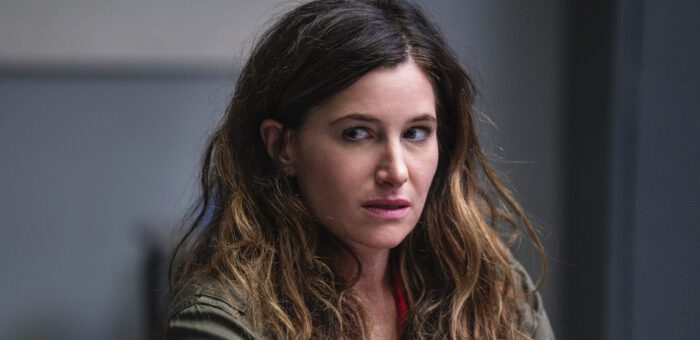
Now some bigger name shows are getting the same treatment, with the announcement that Westworld will be removed from HBO Max, along with Love Life, Minx, and The Nevers. Further it would seem the latter two of those have new episodes basically sitting on a shelf ready to be released that never will be released, but as infuriating as that may be, it risks taking me on a tangent. Better to emphasize that two of these shows are HBO Originals, while the other two are HBO Max Originals. They’re removing their own content.
The point here isn’t about whether I enjoy this particular content; it’s more related to the very idea of calling it content. Just stuff you can watch. And of course the new Max service will still have plenty of stuff you can watch. The term content always brings to mind to me something like a tube of delicious paste being squeezed into your mouth. “Mmm, more content, please!”

Regardless, the point is not whether I personally enjoy the shows in question. If I’m honest, I can’t say that I really do. I wrote on The Nevers, which was fine, but it being cancelled is also fine. I think I might enjoy Mrs. Fletcher if I ever found the time… But, no, this is not the point, and that’s what opens the question: Why do I find all of this so upsetting?
It feels like a violation of what the deal was supposed to be with streaming, with its promise of putting the entire history of TV at our fingertips. No longer would anything be impossible to find. Everything would be available, somewhere, no matter how obscure.
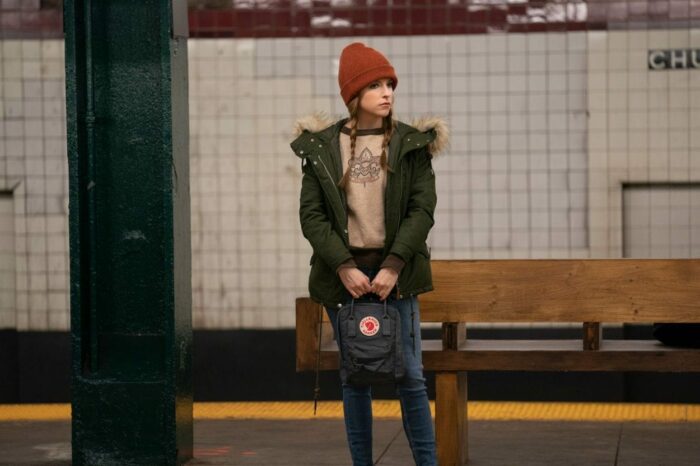
Of course that was never the deal and no one ever made that promise. Please don’t be so boring as to point that out. From the beginning and through the heyday of Netflix, we’ve seen services not provide everything they had the rights to, rotate content, and so on.
What is distinctive now is that we are seeing HBO Max pulling their own content. And those who reply by smugly pointing to their physical media collections are not wrong, we should buy physical media, but the fact is some of this stuff has never had a physical release and maybe never will. That is surely going to apply to something.
The abyss opens up.
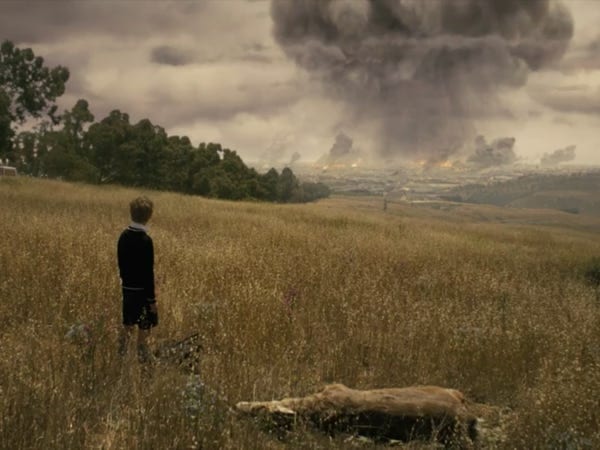
It may be overblown to compare the machinations of a bone-headed executive to the burning of the Library of Alexandria, in particular because the series in question are not gone and lost forever. There are copies. And yet this feels like a similar sort of violation.
I’m not sure it’s best conceived as an ethical one. The point isn’t to argue that what HBO Max is doing is wrong in a moral sense, or to somehow try to contend that they’ve broken a promise they never made explicitly, which we were perhaps naive to take as implied. What they’re doing is unethical, if you want to focus on how they’re saving money by not paying people residuals for their work, but I think the issue cuts deeper than that. It’s worse than that. They’re violating our sense of reality itself.
Do the economics of what’s happening at the WBD make sense? I do not know, but let’s just let them have that one. You don’t have to tell me that server space costs money, and no I don’t predict viewers fleeing Max en masse because of what they’re doing. Maybe they would have done better not making these changes, but we’d be speculating about counterfactuals, so this really isn’t a fruitful space for contestation.
Further, if it does make fiscal sense, we have to recognize that of course the giant media conglomerate has the right to decide what to do with its tubes of delicious content. And it’s always been the case with TV in particular that some of it just wafts away into the void.
But we thought that was a relic of the old model. We thought that the age of streaming had surpassed this aspect of the past, as we lived at the end of history. With the internet we were building not just a new Library of Alexandria, but a proper Library of Babel, containing all that ever was and ever would be.
Not so fast.
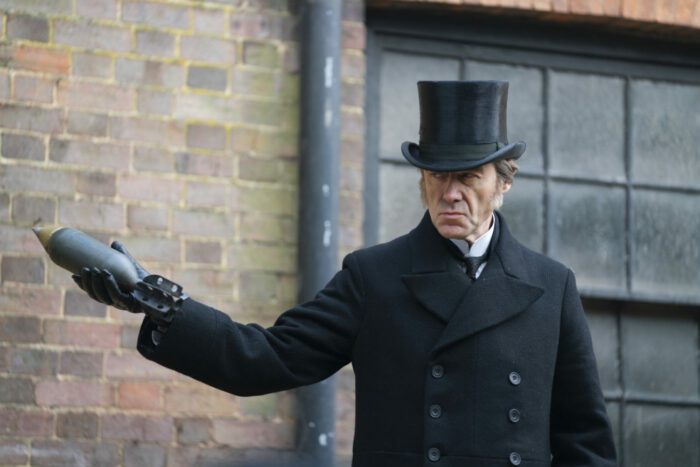
The proliferation of voices brings with it a levelling out. What is important is having sufficient content, and sufficient flavors of content, but who cares about the particular dollop that’s been squeezed from the tube? Maybe they don’t make that flavor of content anymore, but surely you will like another?
The whole thing has always been as much a threat to art as a condition of its possibility. What’s terrifying is how Zaslav lays this bare. Studios have always cared more about making money than they have about art, and you could argue that they’ve never cared about art at all. I will accept that, with the rebuttal that I at least want them to pretend to.
I’m reminded of an oft-repeated line from Slavoj Žižek in the early aughts to the extent that what he found most distressing was not that people were arguing that maybe torture is sometimes OK, but the very fact that the topic was being engaged with as a live question. It’s the kind of thing that can put a crack in one’s worldview.
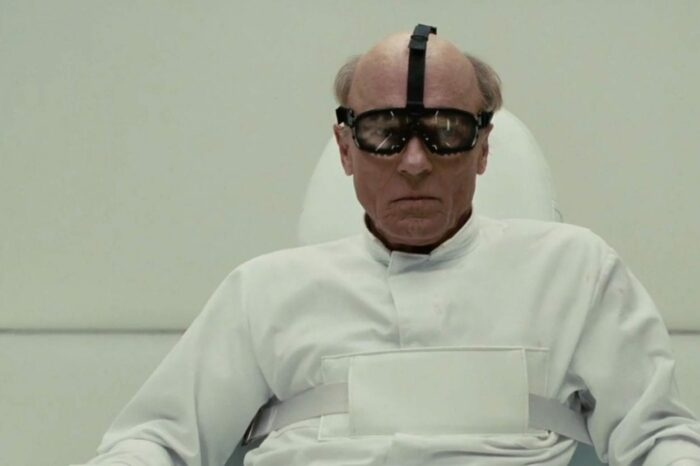
The shakeup at HBO Max, and their removal of their own original programming in particular, resonates across the geopolitical landscape with events in far different quarters of our social existence. [Insert your own example here.] That which could not occur has occurred, something impossible. I think it’s this structural aspect that has provoked in me a kind of existential uneasiness.
Of course I could say we thought it was impossible. That’s both to the point and isn’t. Because it cuts deeper than thought and into being; it cuts into what phenomenologists might call the lifeworld, determined by conditions of possibility to form a shared domain of experience. The traumatic event is one through which one’s world is fractured.
If you’re tempted to say it’s not that big of a deal that HBO Max removed some content, I’m glad you have more important things to do than watch TV, but maybe the thing to think about is how a trauma does not have to be a big significant thing. In the grand scheme of things it might not be a huge deal to not be able to watch a TV show, but for some of us these moves on the part of Max disrupt our sense of that grand scheme itself, cutting time into a before and an after, and undermining what we thought we could take for granted. We are not living in the world we thought we were living in.
Perhaps I am alone in feeling this way, like the rug has been pulled out from under our feet, but I don’t think I am. And if we follow that metaphor, it’s not that it’s unethical to move the rug, particularly when it’s your rug. That’s not the right concept. Maybe you have the right to stash it in a closet where I can’t stand on it anymore, or appreciate its design. But you’ve put me off balance, the room is bare, and I’m worried that the lamps are next.
N.B. After this article was written, but before it was edited for publication, word broke of even more shows that will be removed from HBO Max in the near future, including Raised by Wolves, a show that I very much do enjoy. As I said above, I don’t think this is really the point, but…ugh. Neither is it to the point that many shows may become available on FAST, though that’s something. Vulture has a full list of shows marked for removal, which they’ve updated and presumably might update again in the future.
Who knows what fresh horrors await.
